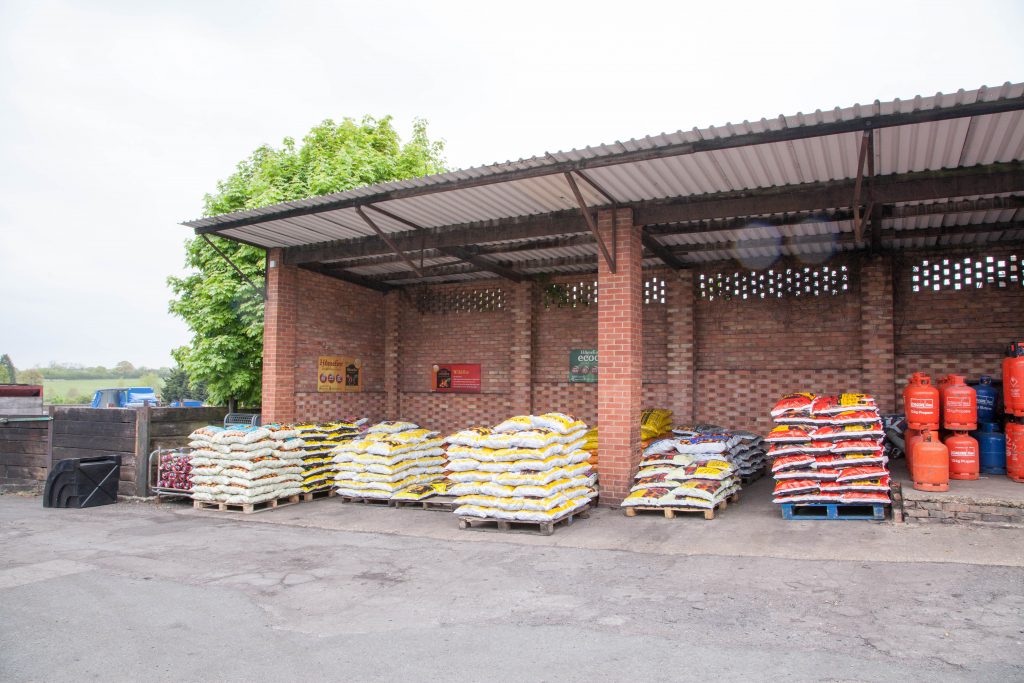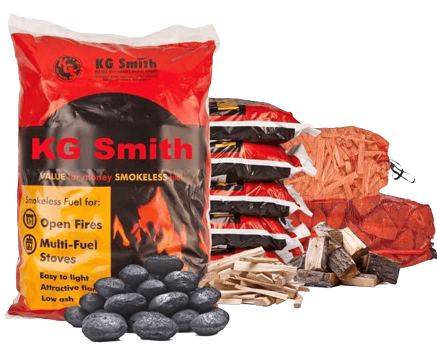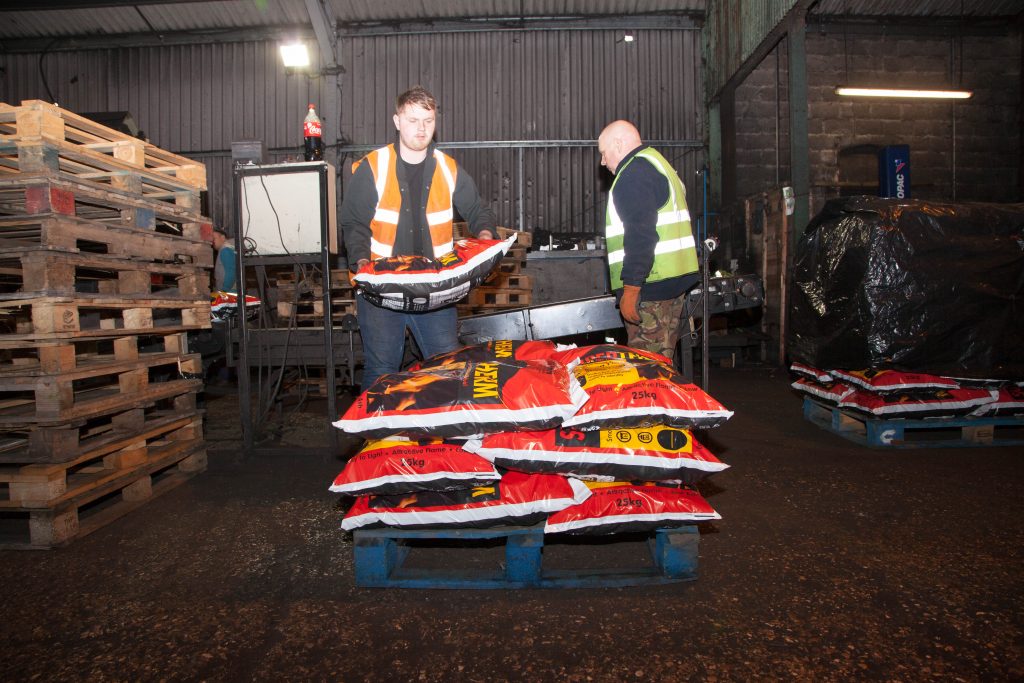What Are The Different Types Of Coal?
Coal has long been used to heat homes and power industry, but you may not be aware that there are many varieties of coal that have different benefits and – perhaps most importantly under the current climate – different effects on the environment.

Here at KG Smith & Son, we supply a number of different types of coal, although not as many as we used to. Because burning some coal can have a significant negative effect on the atmosphere, helping to drive climate change, the use of certain coals has been banned.
What is coal?
Before going into detail about some of the different types of coal that are – or have been – available in the UK, it’s worth taking the time to remind ourselves of what coal actually is.
Basically, coal is ancient plant matter that has been subject to intense geological heat and pressure over millions of years to create a carbon-rich sedimentary rock that is combustible. When it burns, it gives off energy in the form of heat that can also be used to create electricity through steam power.
Beginner’s guide to different types of coal
- Smokeless Coal
Most smokeless coals are not naturally occurring in the form they are sold, because they are made up of a combination of materials, usually including ground anthracite and bituminous coal, to create briquettes that can be safely and legally burned throughout the UK. Homefire E-coal is actually made up of 50% renewable materials in the form of olive stones. These smokeless coals produce less smoke and less CO2 than house coal, while also burning for longer and producing more heat. That means they’re not only better for the environment, but also more efficient at heating our homes!

- Anthracite
Anthracite, sometimes referred to as ‘hard coal’, is the highest grade of natural coal available and contains up to 97% carbon. That high carbon level means lower levels of moisture, so that when it burns, it creates a great deal less smoke than bituminous coal. That in turn makes it considerably safer for the environment. As a result, it is legal to burn in the UK and is commonly used as an alternative to house coal.
- Bituminous coal
The most common type of coal, this is what is typically known as ‘house coal’ and is what has been traditionally used to heat homes and power our electricity stations. It generally contains anywhere between 45-86% carbon. The sale of bituminous coal for home use in the UK was banned in 2023.
- Sub-bituminous coal
Another prevalent type of coal that is a lower grade than house coal and contains just 35-45% carbon. It is also not allowed for home use in the UK, and is most commonly used for creating electricity, especially in the USA.
- Lignite
The lowest grade of coal, sometimes referred to as ‘soft coal’, lignite contains about 25-35% carbon and, although it cannot be burned in its natural state, it is often used to manufacture smokeless briquettes.
- Peat
Peat is a precursor to coal, being soft, partially decomposed vegetable matter. It has been used as a fuel for many years, but its use is now banned. This is not only because of its direct effects on the environment, but also because the bogs from which it is extracted form a vital ‘carbon store’. That means that the mere act of extracting peat releases vast amounts of harmful carbon dioxide into the atmosphere, even before it is actually burnt.

KG Smith & Son is a leading coal supplier in the UK, with a wide range of high-quality smokeless coals available to homes and businesses across the country. If you’re not sure which of the many smokeless fuels on offer would be best suited to your needs, our experienced advisors would be happy to talk over your options.
Take advantage of exceptional value and fast delivery by ordering all your smokeless fuel online today.

